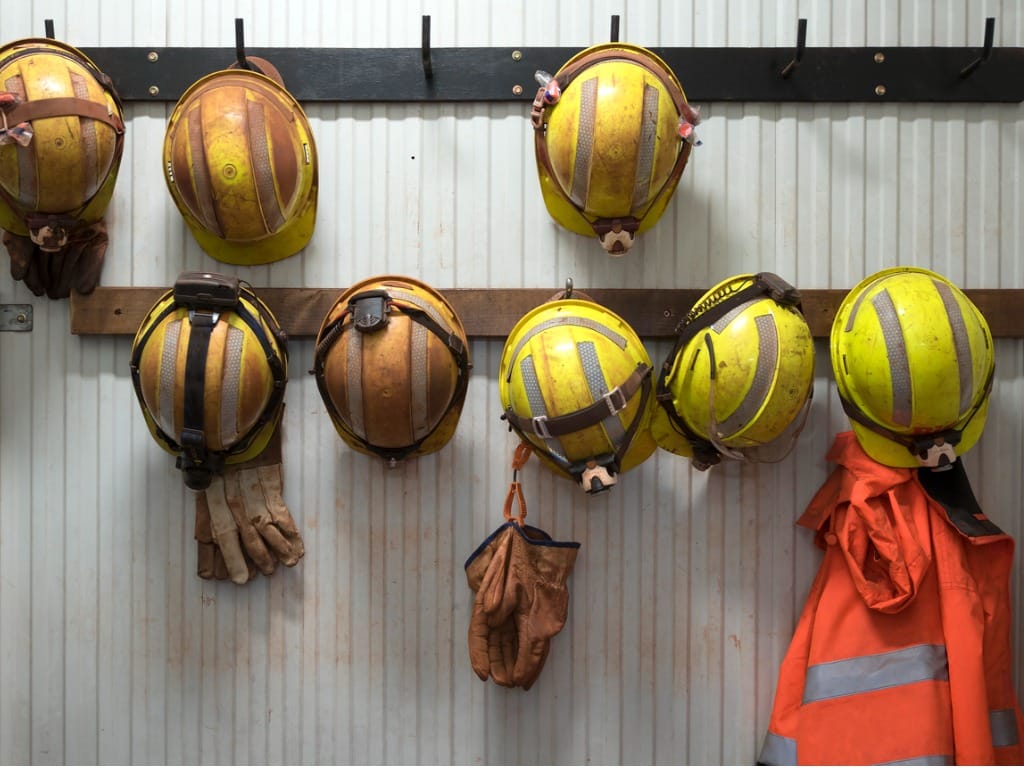A Washington, D.C. federal administrative law judge ordered a cement company to pay back wages to an employee who was retaliated against for “assisting federal safety investigators during a site visit,” a March 7 news release from the Department of Labor’s (DOL) Mine Safety and Health Administration (MSHA) states.
The March 1 decision comes after an MSHA investigation found that Continental Cement Company “paid the worker the hourly rate of a laborer on multiple days in March and April 2020 when she accompanied inspectors at the Hannibal mine, instead of the wages she should have received as a mobile equipment operator.” The news release explains that she would have been engaged in the mobile equipment operator work “had she not been acting as the miners’ representative.” Thus, Continental Cement “shortchanged the worker $388 in wages” because of the different rate of pay.
A miners’ representative is “an employee representative designated to accompany and provide information to MSHA inspectors during mine inspections.” According to the news release, “[u]nder the Mine Safety and Health Act, the miners’ representative shall ‘suffer no loss in pay’ for this work.”
The company “argued it did not have to pay the miner the higher wage since they were not actually operating mobile equipment,” but Administrative Law Judge William B. Moran “rejected this argument” and determined instead that the company’s “actions resulted in a loss in pay because of her miners’ representative duties.” This violates the Federal Mine Safety and Health Act, which “protects miners, representatives of miners and applicants for employment from retaliation for engaging in safety and health-related activities. These activities include identifying hazards, asking for MSHA inspections, or refusing to engage in an unsafe act.”
Judge Moran ordered Continental Cement to pay the employee back wages and also pay a $17,500 penalty to the U.S. Treasury. He also ordered Continental Cement “to expunge any adverse information related to the whistleblower complaint from the employee’s personnel record and to post information on miner’s rights in employee areas.”
“The Mine Safety and Health Administration investigation found Continental Cement clearly discriminated against the worker for serving as the miners’ representative,” said MSHA District Manager Robert Simms in Madisonville, Kentucky. “Federal discrimination laws exist to protect workers from penalties for serving as safety and health representatives while on the job. The judge’s decision sends the message that retaliation is a costly mistake for employers.”
MSHA is the agency that “enforces the discrimination provisions of the Mine Safety and Health Act,” the press release states.
